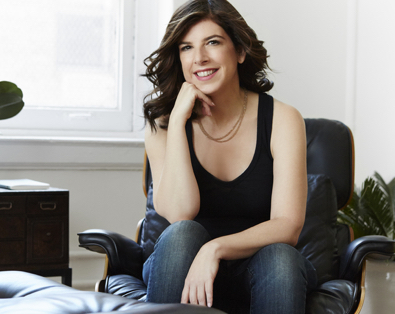There tend to be 3 types of people:
- Those who tend to say yes
- Those who tend to say no
- And those who tend to say I’m not sure
YES people tend to gravitate towards a positive, open-minded nature, love people, want to do everything they can to help, and are eager to try new things.
But they can also overcommit, not have great boundaries, deplete and forget to take care of themselves.
No people tend to be more protective, sometimes cynical, quick to judge, critical and negative.
But they can also tend to have good boundaries, know what they want and don’t want, stand behind their needs and refuse to sacrifice what’s most important to them.
I’m not sure people tend to keep their options open, waiting to see how they’ll feel when the moment comes.
Yet, they can also sabotage themselves by being commitment-phobes or miss out on greater opportunities because they couldn’t decide.
Another way of describing these 3 types is:
- Uh-HUH!
- UH-Uh.
- And Huh?
What do these three types have in common?
They’re ALL clinging to something.
Uh-HUH! Types cling to pleasure.
The want the feel-good pill. They get reward out of helping others (even to spite themselves). It’s so important to them to stay useful and validated that at times they deny their own limitations and the toll this takes on them.
Their opportunity is to realize that pleasure is fleeting and they can still become attached to it.
As we know, with every “high” there comes a “low” and we can’t always be everywhere for everyone.
UH-uh! Types cling to aversion.
They tend to worry things won’t work out for them. So, they push away opportunities, assuming it’s something they won’t like or want.
Their opportunity is to face the fear they’ve become attached to that keeps them in hiding.
In a sense they’ve become use to “finding problems” but these are also transitory. Like everything else, they come and go.
Huh? Types cling to being indifferent.
They hang on to safety mechanisms such as pretending they don’t have a clue of what’s going on.
They conceal their true feelings behind disassociation. In order to not have to feel what they’re feeling, they hold on to not having to feel anything at all.
Rather than “checking out”, their opportunity is to realize overwhelm will pass and instead, meet those moments more fully head on.
Although, we can gravitate toward a “type”—in every moment of every day we can find ourselves in any one of these categories.
The practice is for us to become aware of what we’re clinging to and then, detach from it.
Not with an “I don’t care attitude” but with gratitude. Because when we detach, what we’re really letting go of are the conditioned beliefs that we aren’t loveable, enough or worthy.
No matter how much we grasp—whether its good, bad or neutral—it will slip between our fingertips. Impermanent is this life we’re in. Everything comes into being and then leaves us.
It’s the clinging that brings us suffering. Our freedom lies in letting go of our need for it.
Wishing you a week of fluidity!


